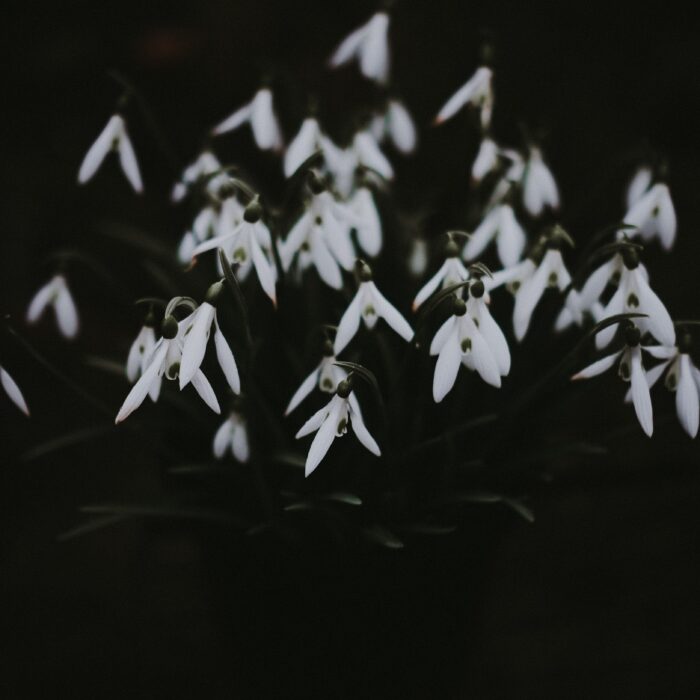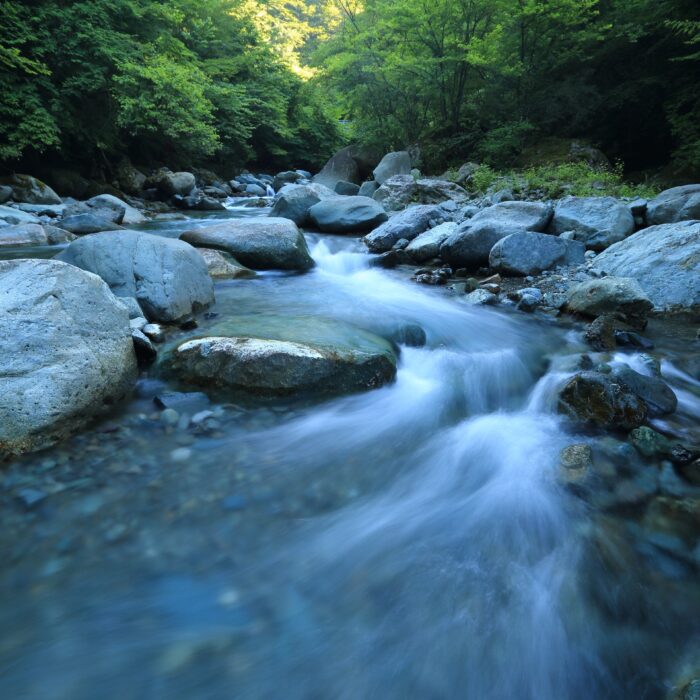You have no items in your cart. Want to get some nice things?
Go shopping
In Henry Miller’s great post-coital love letter to Anais Nin he said it all. Don’t expect me to be sane anymore. Don’t let’s be sensible. It was a marriage at Louveciennes—you can’t dispute it. I came away with pieces of you sticking to me; I am walking about, swimming, in an ocean of blood, your Andalusian blood, distilled and poisonous. Miller may not be a fashionable figure to cite these days – nor his famously bigamous lover – but in the 1940s he wrote with a sexual candour that would liberate writers to come, and one may choose to admire the undeniable life force flooding through his words, a current of trembling copulation and obsession and mutual satisfaction.
Or not.
One may argue that the male gaze is paramount in Miller’s opus, as he was a ballsy North American given to descriptive c***-swinging, and his racial language reflected heavy prejudices of the day. And that Anais Nin’s diaries and fiction, insightful and voracious, depicting womanhood with its panoply of sensations and sensual will, have also been described as narcissistic and self-indulged.
So what might we learn from these twin icons? And how might their work be viewed in the realm of expressing sensuality today?
Let’s talk about context. Does it matter? Does it matter that Miller was a penniless guy in Paris with an inflated view of his writing? Or that, at 30, Nin felt compelled to seduce the father who had abandoned her family, and at 60, believing she had not achieved the recognition she deserved, self-published reprints of her early books? Were their efforts any less arduous than our own? Both of these writers lived pre-computers, pre-information-overload, pre-MeToo. One might ask, are we even the same creatures in passion, in love, on the page?
In these times of literary upheaval, of reassessing the texts of our literary elders and seeking out voices that have been overlooked, it can be complex to isolate what is rewarding and instructive in technique, material and story-telling. And yet, in their fiction Miller and Nin paved the way for a forensic and physical examination of sex, swinging doors wide and using language that was intimately savage, dripping with allegory and erotica, boldly unharnessing words to describe passion. Products of their generation, they were not the first, but both gave English-language literature a jolt in the arm.
As a young Paris-obsessed writer I devoured texts from Simone de Beauvoir, Jean-Paul Sartre, Gertrude Stein, Miller and Nin, Edmund White, James Baldwin, Kathy Acker, fascinated by language and story, but also by love and sex, breaking traditional rules and living the full scope of the body. I very determinedly set out to Paris where I lived three heady years au pairing in the pre-trendy 11th arrondisement, in a cul de sac of horny creatives, a magical book-filled apartment where broken plates became mosaics on the kitchen walls, where I learnt to shoplift because my employers were all but squatters, where tiny mice sometimes ran over my feet. I joined in, feeling mild shock upon discovering one of my lovers was older than my father, though to this day I feel that story was a tender pathway into early womanhood, after which I felt stronger and more real to myself. Of course, if my own daughter were to engage in such a story, I would think it was a dirty affair. So, reader, was it?
I’m not sure what the answer is, coming from a whirlwind of experiences, many of them a reaction to a confined suburban upbringing in Sydney, kicked off by tragedy, and an obsession with getting out of oneself. I chose not to struggle against the existential corner where I found myself, but instead decided to travel to the source. Paris. Philosophy. Independence. L’éducation sentimentale. Womanhood. It was an age-old choice concerning which battles to fight, because the war against existence – having seen the death of a child – I knew I had already lost.
The young writer is hungry for experience and material, and often lives far too vividly in one’s head. This is not an advocation for brakeless exploitation of others, but more of an enquiry. Where do stories come from? Today, we live in an era of truth and revelation where information is corralled, immediate, amplified, induced, extreme, hurtful; where there is little room for the quiet equilibrium of intimacy, the hands-on loved-up human and humane dialogue that leads to interior, acquired power. Once again, one might ask, are we the same creatures in passion, in love, on the page, as those who came before us?
Back to writing about sex. The trouble with writing about sensuality today is that we are being prodded from all directions. At our centre, we face our context, our degree of self-knowledge, our pudeur or our courage, the long cord of lived and inherited experience that weaves through us. Are we female, male, neither-and-both, feminine, boyish, outward, inward, comfortable, ostracised, attractive, self-odious? How to comprehend our own sexual complexities before they inevitably seep into the characters we wish to convey? How not to get it wrong? Must we confine ourselves to what we know? Or as Aminatta Forna suggests, ‘write what we wish to know’?
Maria Popova in The Margilian observes, Every generation believes that it must battle unprecedented pressures of conformity; that it must fight harder than any previous generation to protect that secret knowledge from which our integrity of selfhood springs.
This checks out. Example: those of us who went through experiences of sexual harassment/violence in the 80s and 90s listen to our feisty daughters who often have more courage than we ever did – with admiration, and incredulity. With no system to defend us, and a tendency to self-blame, our acts of survival require understanding too. Brave are the older women who unearth grievances from their youth, and fight for justice. Many of us remember dirty hands and unwanted kisses with the shame of not-resisting, of letting guys getting away with it. And the sense of degradation that took root.
But I digress. This is only to say that we are steeped with different life stories, and our reactions to these pervade our work, and that now we are scrutinising authors we once adored, who we once believed represented us, and there are many, many questions in the air.
One of the objectives in the Litro Masterclass series is to help writers explore their individual rapport with story, language and purpose, no matter what form or material. We want to hear how you think, how you view our world, how you build your content. Our key interest is understanding your capabilities and objectives, and how these might be shaped into works that are as polished and resonant as possible, and as close to submission-readiness as can be.
If some of the above questions interest you, or you have a wish to push your work further, sign up to work with our group of curious, committed Masterclass tutors, we are keen to help you thrive. Register now at Litro Masterclasses for Catherine Mcnamara’s Flash Fiction Course or Sensuality in the Short Story Course!

Catherine McNamara
Catherine McNamara grew up in Sydney and went to Paris to study French. She ended up in West Africa running a bar. Her short story collection 'The Cartography of Others' is finalist in the People's Book Prize and won the Eyelands International Fiction Prize. Her flash fiction collection 'Love Stories for Hectic People' is out in May. Catherine lives in Italy and has great collections of West African sculpture and Italian heels.
- Web |
- More Posts(1)



